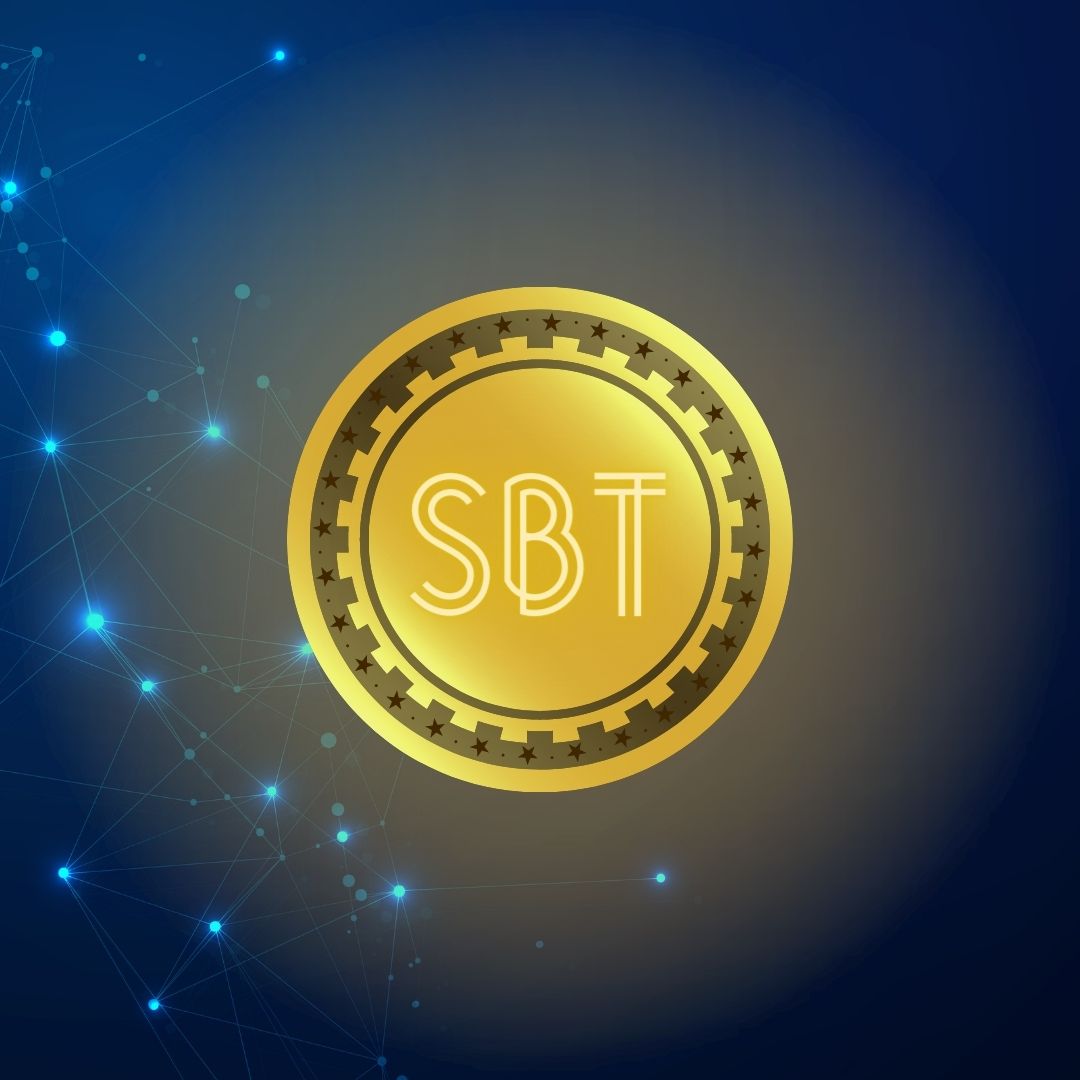Identity is at the very core of one’s existence in society. And forged identities have been an issue for ages now. Right now, with our reliance on technology, identity is an important issue since it’s often directly linked to our social media, banking accounts and medical records. With the Metaverse evolving, it may also be linked to NFT Gaming Marketplaces and more. With inaccurate information regarding identity, there may be enormous implications, not just for an individual but for the society as well.
This is where soulbound tokens or SBTs come in. These tokens are linked to an individual and contain all the information regarding the person or “soul”. Built on blockchain technology, they are more secure than anything we’ve seen so far. But what exactly are SBTs? Read on to find out.
What are Soulbound Tokens?
Soulbound tokens are somewhat similar to NFTs. As we’ve already established, SBTs contain a person’s data and their authenticity can be verified beyond a shadow of a doubt. The data can be anything from a person’s credentials or skills to their medical records. However, we must keep in mind that the owner of an SBT can be a person, a community, or, in some cases, a company.
With the introduction of SBTs, there can be no room for falsified credentials or forged identities. It is clear how this would be beneficial when it comes to employment and healthcare. However, there are two sides to every coin, and the same goes for SBTs. Privacy concerns may abound as well as the possibility of hacking. Furthermore, when one’s religious beliefs, political ideologies and so on are all in one place, there may be room for incendiary speech and cyberbullying. We can only hope that the pros outweigh the cons in the case of SBTs.
Closing Thoughts
Soulbound tokens are slated to be the foundation for a completely decentralized society. Verification of identity and other crucial information becomes unquestionable and efficient. Although this kind of technology is still in the works, we can expect it to be nothing short of a revolution.





Comments